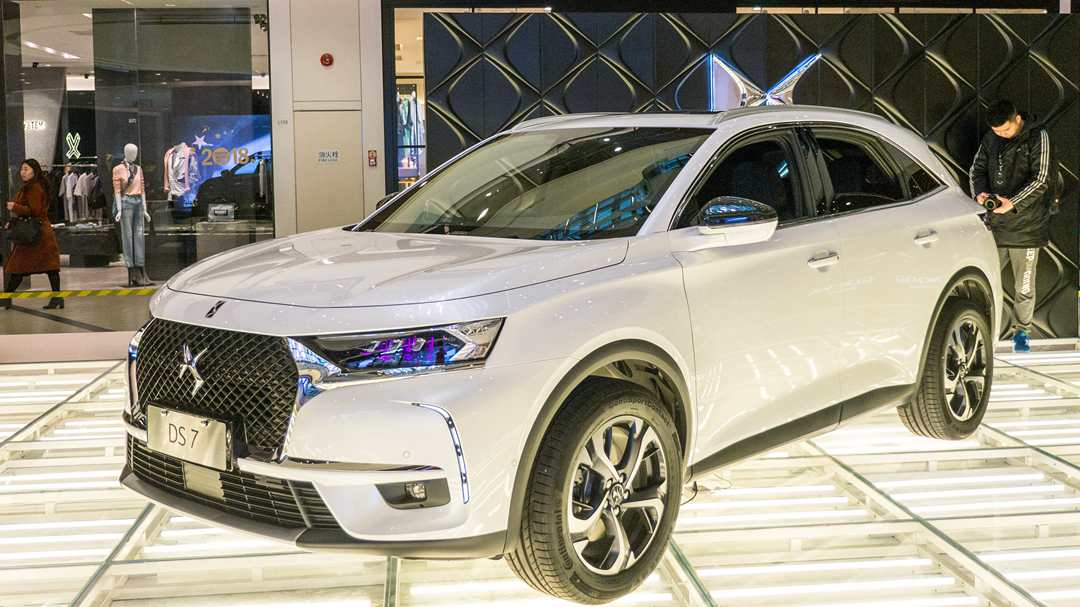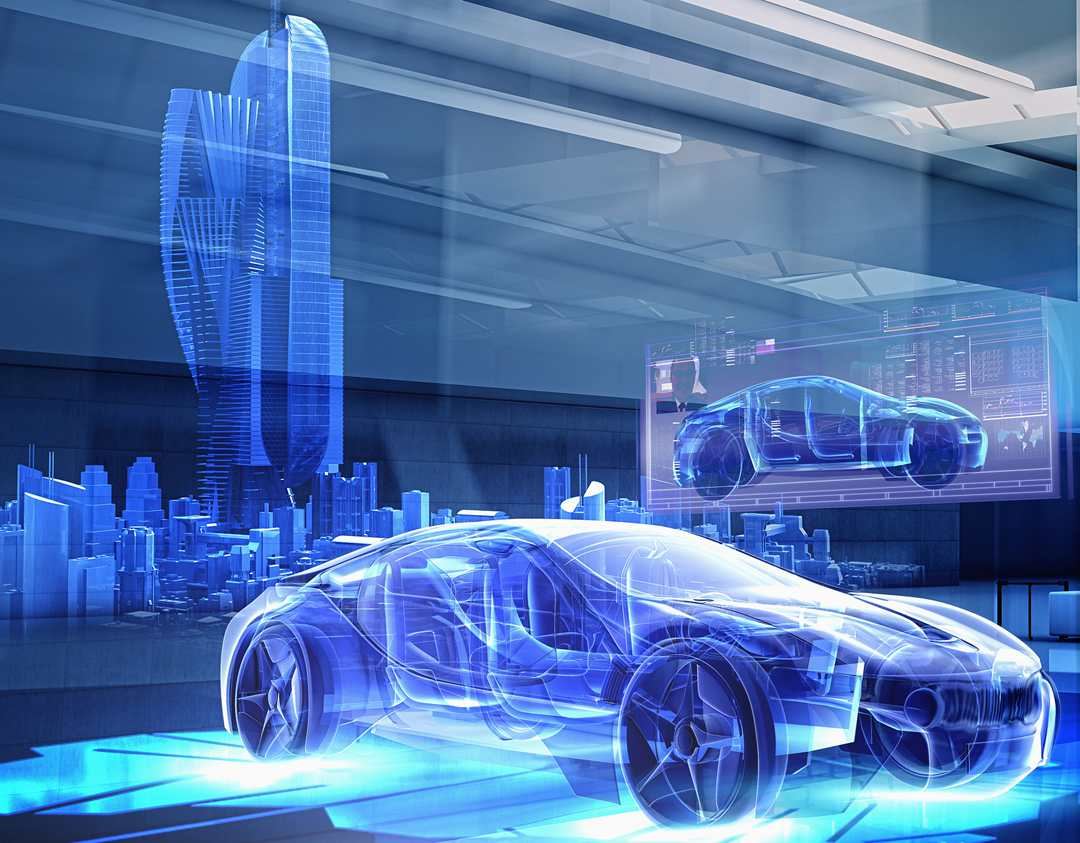
Business
10:26, 27-Aug-2018
China's Chang'an Auto to stop producing non-networked vehicles
Updated
10:25, 30-Aug-2018
CGTN

Chinese automaker Chang'an Auto announced Saturday that it would stop producing non-networked cars by 2020 as it is banking on artificial intelligence and networking technology.
Zhu Huarong, president of the auto firm, announced the goal at China International Intelligence Industry Expo that concluded Saturday in southwest China's Chongqing Municipality.
He said the firm was dedicated to developing artificial intelligence, networking and self-driving technology.
The automaker announced in 2017 that it would spend 100 billion yuan (14.6 billion US dollars) and mobilize 10,000 R&D workers through 2025 to develop quality new energy vehicles when it stops selling traditional fossil fuel cars.

VCG Photo
VCG Photo
Zhu said that aided by China's self-developed BeiDou Navigation Satellite System, all vehicles produced by Chang'an would be connected to the network and equipped with self-driving systems from 2020.
The Chongqing-based company has set the goal of launching 21 new pure electric vehicle models and 12 plug-in hybrid electric vehicles by 2025.
Chinese carmakers have invested heavily in the new energy vehicle sector as the Ministry of Industry and Information Technology disclosed in September 2017 that the country had started work on a timetable to phase out fossil fuel cars.
China's auto production and sales volume reached 11.768 million units and 11.792 million units from January to May, an increase of 3.8 percent and 5.7 percent respectively, according to the China Association of Automobile Manufacturers.
Among them, the production and sales of new energy vehicles both reached 328,000 units, an increase of 122.9 percent and 141.6 percent respectively from the same period of last year.
SAIC, Chang'an and Geely were ranked the top three companies in terms of auto sales volume from January to May.
Source(s): Xinhua News Agency

SITEMAP
Copyright © 2018 CGTN. Beijing ICP prepared NO.16065310-3
Copyright © 2018 CGTN. Beijing ICP prepared NO.16065310-3